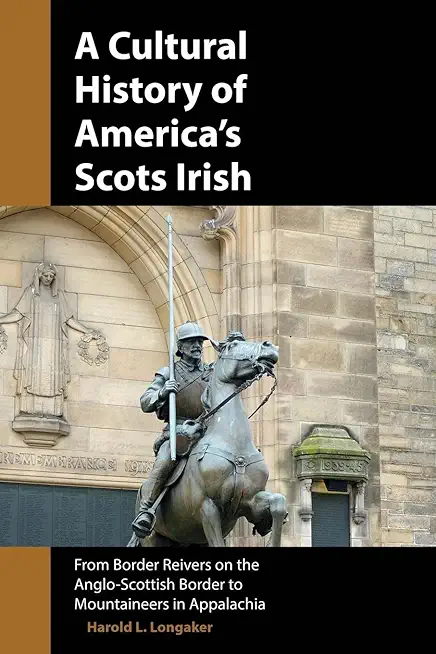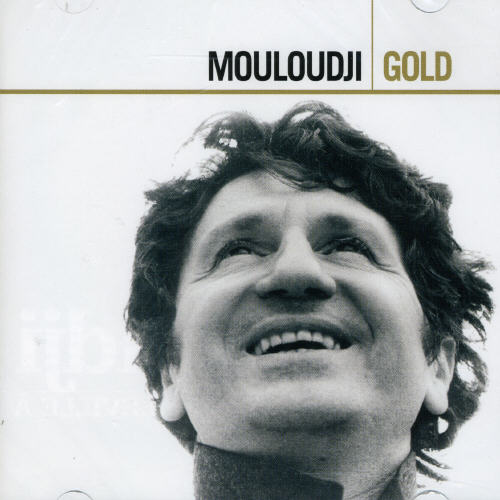
Longaker, Harold L.
product information
description
estion refers to America, the answer must include America's Scots Irish. Consider, theirs was one of only four main cultures present at America's founding, and as will be posited, their culture came to dominate the American South. Furthermore, one branch went on to found the culture of the Mountaineers of Appalachia, a people known for their condition of extreme poverty. Given their history, it speaks poorly of historians and educators that, today, many, if not most, Americans do not know their name, let alone having any idea of who these people are. It is the hope of this author that in some way, even small, this book alleviates some of that ignorance.
A Cultural History of America's Scots Irish is unusual. Not only does it address the question, Who are the Scots Irish?-a fairly mundane exercise-but it answers the far more insightful, Why did they come to be the people they are?
Who a people are, their nature or culture, arises not from random processes but from their response to changes in their environment, both natural and manmade. This story of the Scots Irish, like other histories, is a history of events. But where it differs is in its coupling of historical changes in environment to changes in culture, a unique historical lens informing why the Scots Irish came to be who they are.
member goods
No member items were found under this heading.
Return Policy
All sales are final
Shipping
No special shipping considerations available.
Shipping fees determined at checkout.







